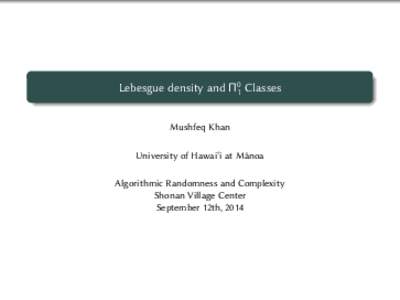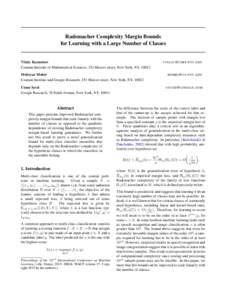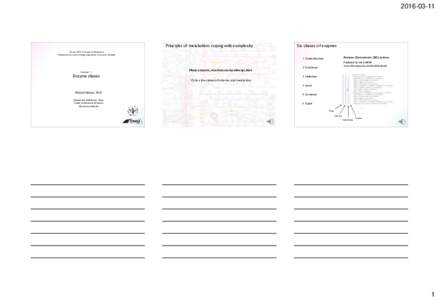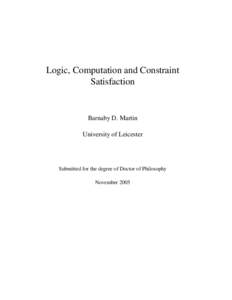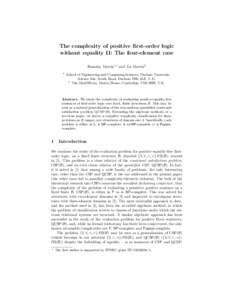<--- Back to Details
| First Page | Document Content | |
|---|---|---|
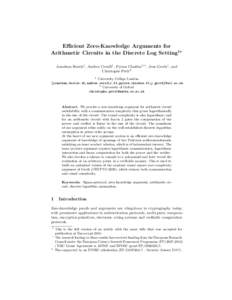 Date: 2016-03-08 12:29:47Cryptography Computational complexity theory Complexity classes Randomized algorithms Zero-knowledge proof Analysis of algorithms NP Commitment scheme Probabilistically checkable proof IP Logarithm XTR |
Add to Reading List |
 Efficient Zero-Knowledge Arguments for Arithmetic Circuits in the Discrete Log Setting†∗ Jonathan Bootle1 , Andrea Cerulli1 , Pyrros Chaidos1∗∗ , Jens Groth1 , and Christophe Petit2 1
Efficient Zero-Knowledge Arguments for Arithmetic Circuits in the Discrete Log Setting†∗ Jonathan Bootle1 , Andrea Cerulli1 , Pyrros Chaidos1∗∗ , Jens Groth1 , and Christophe Petit2 1